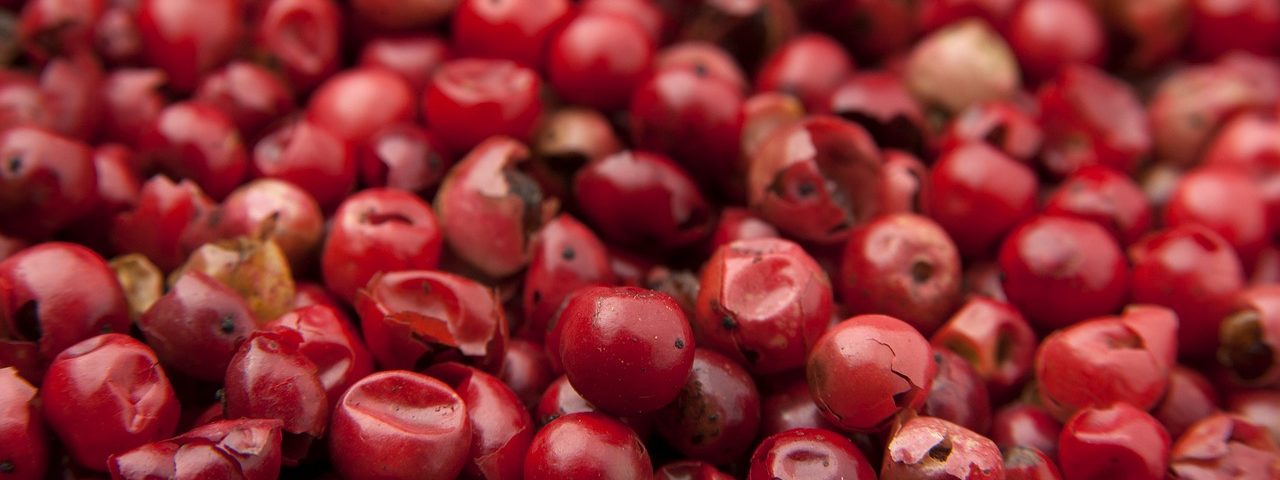The kidneys in Traditional Chinese Medicine are a vital energy system. They are the root of all yin and yang in the body, and they store our essence. They govern growth, reproduction and healthy progression through the different cycles of life. They play a role in healthy aging and preventing lots of age-related decline. They also control the bones, the low back and the knees. On a mental-emotional level, the kidneys are associated with fear – an imbalance in the kidney energy often leads to irrational or pervasive fear. On a spiritual level, the kidneys are the source of our Zhi, or will-power – our drive to succeed, to thrive and to be alive.
So a weakness in the kidney energy can create any number of problems in the body. An accurate diagnosis of a kidney weakness requires evaluation by a practitioner of TCM, but most people can benefit from some kidney tonification, particularly if trying to get pregnant, when healing from a chronic illness and after the age of 65. Chinese Herbs are safe and effective when prescribed by a licensed practitioner. Below are some of the most common tonic herbs we prescribe in TCM to nourish the kidneys.

Shu Di Huang (Rehmannia Root, Chinese Foxglove Root): Shu Di Huang tonifies and nourishes the yin aspect of the kidneys. It also strongly nourishes the blood energy of the body. Shu Di Huang is used in many herbal formulas for insomnia, hot flashes, night sweats and anxiety.
Gou Qi Zi (Chinese Wolfberry Fruit, Goji Berries): Gou Qi Zi nourishes the yin and blood of both the Kidneys and the Liver. It benefits the essence stored in the kidneys, and has a specific function of brightening the eyes. It can be used in the appropriate formulas for issues such as weakness in the low back, trouble sleeping, dizziness, blurry vision, nocturnal emissions and infertility.
He Shou Wu (Polygonum, Fleeceflower Root): He Shou Wu is another herb to nourish the yin and blood of the liver and kidney. It has a specific function of nourishing the hair to prevent premature thinning and graying. It can also be used in formulas for chronic constipation, dizziness, vertigo, blurry vision, infertility or weakness in the low back and knees.
Rou Cong Rong (Broomrape Stem): Rou Cong Rong strengthens the yang aspect of the kidneys, or the source of warm, fiery energy in the body. As such, it is used in formulas for infertility, impotence and urinary disorders such as urinary dribbling or incontinence. It also has a function of moistening the intestines and can be used for certain types of chronic constipation.
Rou Gui (Dried Cinnamon Bark): Rou Gui also strengthens the yang of the kidneys, and warms the kidneys and the channels. It is used in formulas for symptoms such as a deep feeling of cold, cold limbs, weakness in the low back, impotence, frequent urination, chronic pain worse in the cold, wheezing and certain types of menstrual pain.
Most of these herbs need to be prescribed by a licensed practitioner of Chinese herbal medicine. If you want to nourish the kidneys on your own, consider adding Shan Yao (Chinese Yam) into your diet, and picking up some Goji Berries at your local health store. You can also incorporate kidney-nourishing foods into your diet, such as fish, seaweed, miso, kidney beans, black beans and bone broth.


